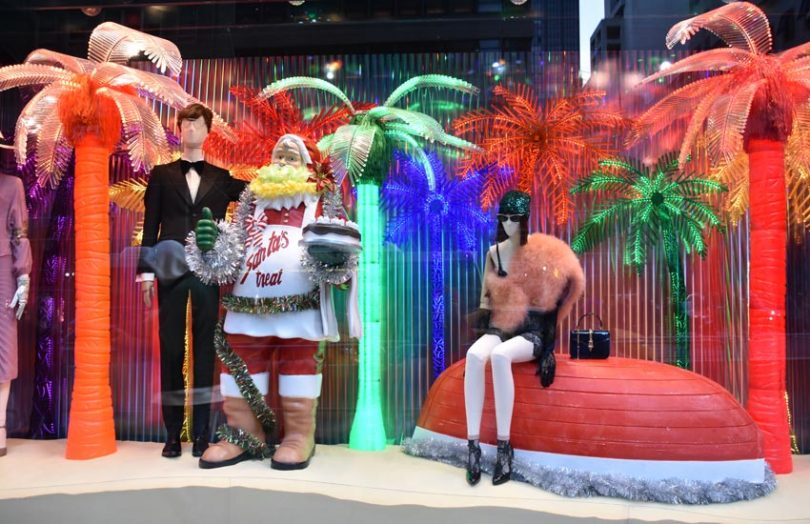Over the last couple of months, there has been an undeniable hype around nonfungible tokens (NFTs) and fashion brands don’t want to be left out. According to Vogue Business, Gucci recently said it’s “only a matter of time” before a brand like Gucci releases an NFT.
From a $69 million NFT digital art auction to the sale of the first-ever tweet for almost $3 million, it is not surprising that other industries are trying to find ways to adopt the collectible trend. Luxury companies, in particular, have been putting a lot of effort into trying to integrate NFTs as a source of revenue without compromising the exclusivity and identity of the brand. One potential solution is in 3D clothing.
For example, customers who purchase an NFT could create images of themselves wearing the 3D clothing and share it on social media. For luxury clothing that is often sold in very limited editions, this could be an opportunity to enable more customers to see themselves in a garment without compromising the value of owning the physical product. Another solution is to sell 3D clothing for avatars in games.
One of the reasons for the NFT breakthrough this year is that Dapper Labs enabled a less technical, more mainstream NBA Top Shot experience.
Neuno, an Australian-based NFT marketplace, wants to do the same and claims to be working with five luxury brands on 3D clothing. Additionally, it has partnerships with some of Asia’s biggest games so that NFT owners can dress up their avatars. The startup uses Dapper Labs’ blockchain Flow.
To ensure the exclusivity associated with luxury garments, Neuno only works directly with brands as opposed to other marketplaces where anyone is free to upload and sell NFTs. Neuno’s purpose is enabling NFT owners to dress avatars, expanding the use of luxury NFTs beyond ownership of an edited image.
Another example, while not targeted at luxury brands, is IMVU, a platform that allows users to design and trade 3D clothing. The company launched its VCOIN token at the beginning of the year.
On the one hand, NFTs can enable an accessible product offered by luxury brands to attract a wider market, increasing desire for the 3D garment version when a celebrity wears a piece of clothing. But at the same time, care has to be taken in execution to ensure the luxury brand’s cachet is not diluted through low-cost digital garment ownership.
Meanwhile, NFTs can also be used by luxury brands to provide provenance. Arianne is a blockchain alliance that creates digital passports for luxury goods and recently raised €8 million in seed funding. Breitling, for example, implemented digital passports in all its watches and Richemont is an alliance member. LVMH is another luxury group with an anti-counterfeit blockchain AURA that is used to track brands such as Louis Vuitton and Parfums Christian Dior.






